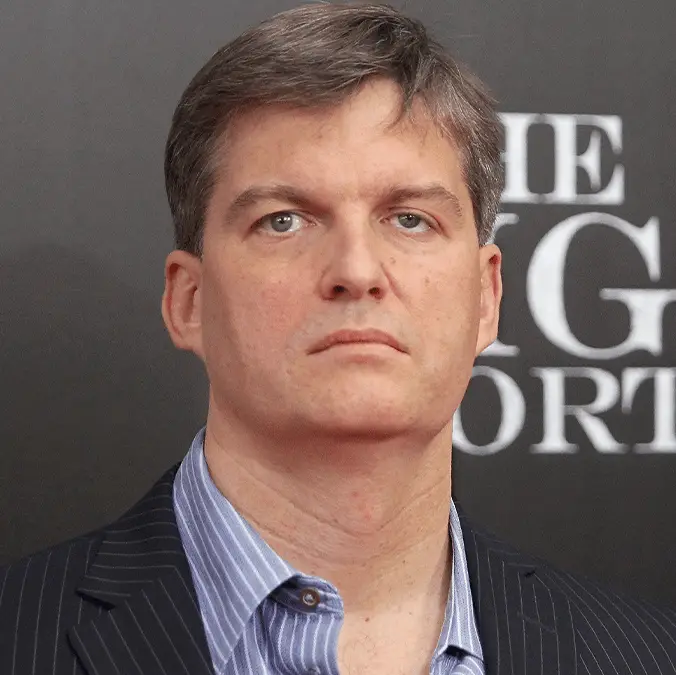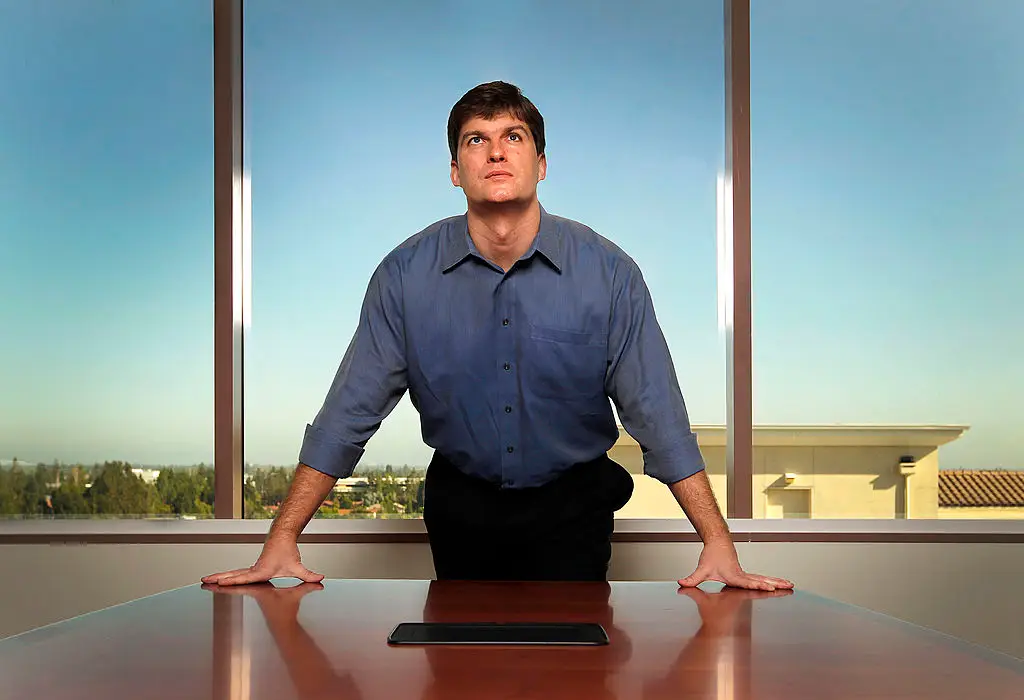
The world of AI has just received an ominous warning as an investor famous for predicting the 2008 financial crash has just bet over $1.1 billion on the tech industry's so-called 'bubble' bursting, leading to a global economic crisis.
Across the past few years the tech industry has seen unprecedented investment in artificial intelligence, to the point where most of the biggest companies now have their futures tied up in the rapidly developing software.
Nvidia, for example, has been the biggest recipient of this financial surge, becoming the most valuable company in the world by a considerable margin, and seeing its market cap increase by around $4.5 billion in just three years thanks to the vital hardware it produces.
Now, however, many conversations surrounding AI worry that the 'bubble' is about to burst with revenue not quite matching the investment that countless companies have made, and a serious warning might just have been made from one of the nation's most famous investors.
Advert
As reported by LBC, Michael Burry is one of the men who became famous after predicting the 2008 financial crash, and even saw his story brought to life by Christian Bale in the film The Big Short in 2015.
He's back in the news this week though following an investment that could shake the economy to its core, as he has now gambled around $1.1 billion on the idea that both Nvidia and software company Palantir will see a fall in stock market value.
He initially raised eyebrows when he returned to social media with an ominous post on X last Friday, sharing an image of Bale from The Big Short with the caption: "Sometimes, we see bubbles. Sometimes, there is something to do about it. Sometimes, the only winning move is not to play."
Burry also shared a number of charts which detailed the slow growth rates of some of the biggest tech companies, matching growth rates to the 1999-2000 tech bubble, and the interconnected investment of the AI industry, which sees many companies giving money to each other, causing them to balloon in value.
Speculation that Burry was hinting towards a bubble was then confirmed when his investment firm, Scion Asset Management, purchased $912 million worth of 'put' contracts in Palantir, alongside $187 million worth of shares in Nvidia.
If you're unaware, put contracts allow investors to sell their stock at a specific fixed price so long as its within a limited time period, effectively allowing them to capitalize on drops in market value after they have invested.
Buying so heavily into companies that have profited significantly from the AI surge suggests that Burry sees a drop happening soon, although nobody quite knows how or when that will occur.

Other experts have weighed in on the investor's decision-making process, with Quiver Quantitative co-founder James Kardatzke assessing: "Michael Burry has a history of making large bearish bets when he perceives there to be a bubble, most notably prior to the housing market crash of 2008."
Kardatzke continued to argue that "this new disclosure suggests that he now believes that there is an AI bubble which is due to pop."
We'll see if Burry is right on this significant gamble once again, but many of the biggest companies will hope this is a rare blunder as it could spell disaster for their fortunes and the wider economy of the United States.
